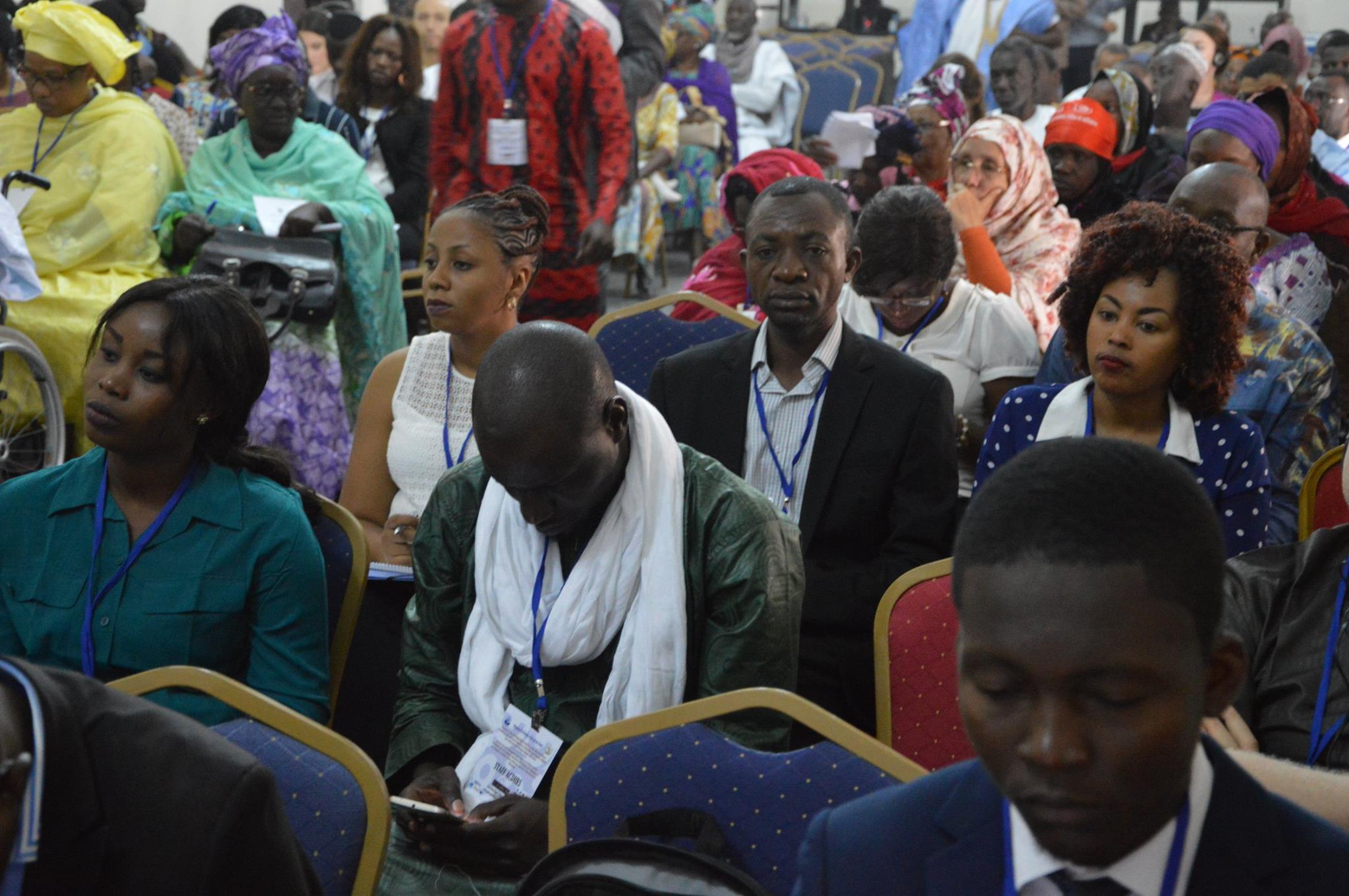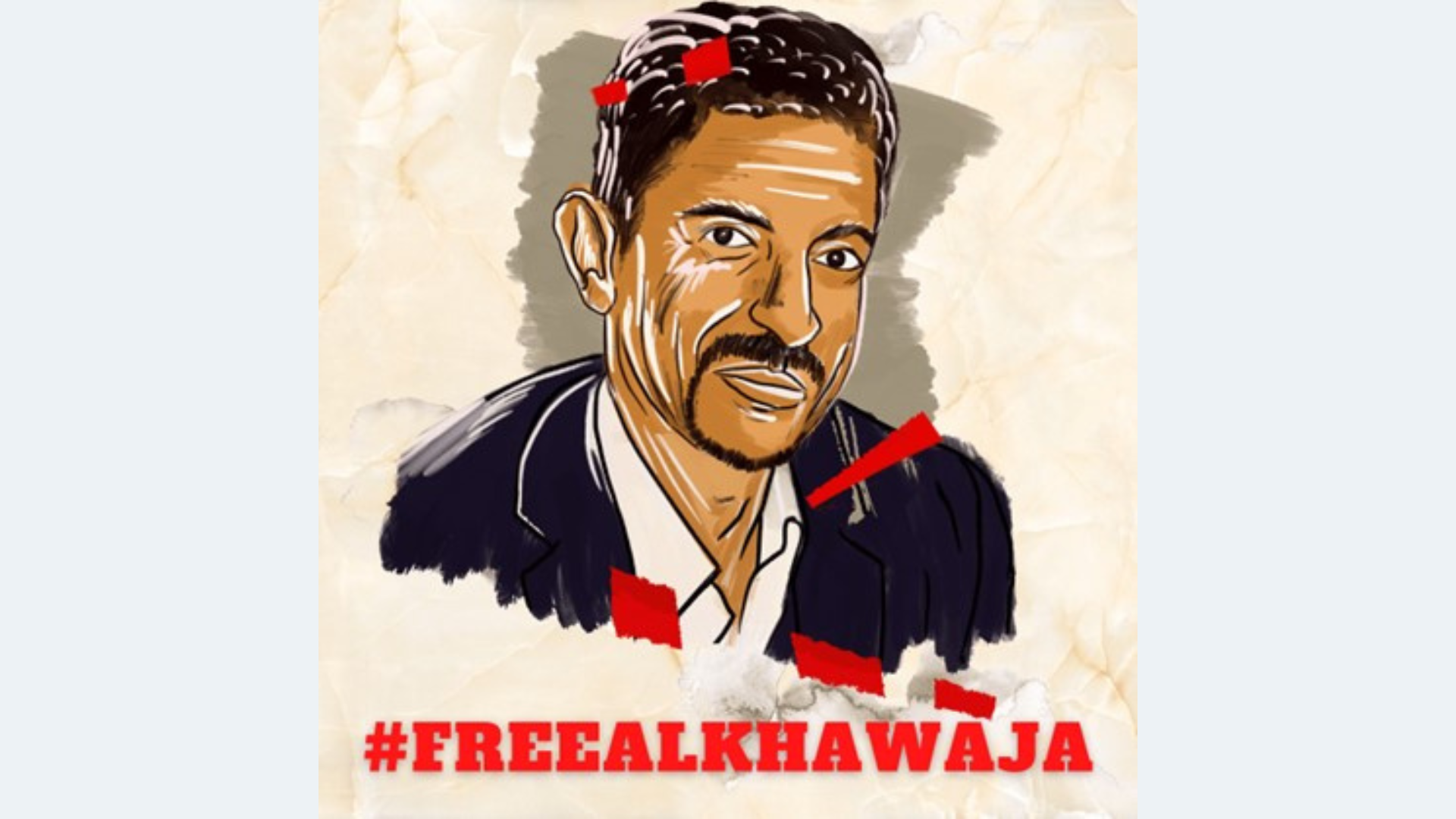On 19-20 April 2022, the NGO Forum brought together human rights defenders and civil society organisations to share evidence and testimonies of human rights violations on the African continent and discuss ways to address them, including through cooperation with the African Commission. This session’s Forum, entitled ‘Silencing the Guns in Africa’, was rich in panel discussions and addressed many crucial issues, such as the troubles arising from unconstitutional changes of government, the grave economic and humanitarian consequences of the Covid-19 pandemic or the challenges of neocolonialism.
State of democracy and human rights in Africa
As stated by the African Commission’s Chairperson, Rémy Ngoy Lumbu, the human rights situation in Africa is worrisome, especially in the wake of recent undemocratic takeovers and the recovery from the Covid-19 pandemic. The Chairperson underlined the important role of human rights defenders in the identification of solutions to these challenges and to safeguard achievements and peace.
In Central Africa, Maximilienne Ngo Mbe from REDHAC reported that States are using security challenges as an excuse to flout rights and institutions and threaten human rights defenders, especially in Cameroon, the Congo and the DRC. It was recommended that the Commission follow up on the guidelines on freedom of association, but also help silence guns in this region.
Similar concerns were raised for the situation in Eastern Africa, where human rights defenders continue to be imprisoned in many States. The conflict in Ethiopia and the coup in Sudan make it perilous to access civic space if not impossible, and concerns were raised in relation to possible tensions in the upcoming elections in Kenya and Somalia.
Freedom of expression remains severely restricted in the Northern African region, where human rights defenders are imprisoned and force is used to crush peaceful protests. In Algeria, Egypt, Libya and Tunisia, defenders and opposition members are often arbitrarily detained. It was recommended to Morocco to rejoin the African human rights system, and to all countries of the region to ensure the rights to freedom of expression and assembly are respected without condition.
In the Southern African region, shrinking space for democracy and association was also reported. In South Africa, people exposing corruption are often detained, and defenders condemning xenophobic policies are harassed. Malawi, Eswati, Zimbabwe and Zambia use public order laws to arbitrarily arrest citizens and anti-NGO laws have been passed. It was recommended to repeal repressive laws, as well as implementing monitoring and compliance mechanisms for progressive policies.
Partly due to the crises plaguing the Western African region, including the terrorist nebula, the coups and the pandemic, civic space is shrinking. There has been an increase in arrests and detention of human rights defenders, as well as political prisoners, and cyber criminality laws are used to criminalize legitimate activities. The situation is particularly declining in Nigeria, where NGOs are also increasingly surveilled. Peaceful assembly is also becoming harder and force has been used against protesters in Sierra Leone. It was furthermore recommended that Ivory Coast’s mechanism for human rights defenders protection takes into account the Maputo Declaration principles.
Finally, speaking for the Lusophone Network, Emilio Manuel from LPHR pointed at the impunity climate in Equatorial Guinea and denounced liberticide laws and lack of freedom of the press in other Lusophone countries.
Recovery and Rebuilding in post-Covid 19 Africa
As the world is recovering from the pandemic, we realise that, with the fight against the disease, a lot of aspects have been neglected on other levels. In their presentations, panelists highlighted the damages done to women and people with disabilities through African States’ Covid responses. (see more detailed article)
Panelists therefore called upon the African Commission to provide periodic updates on governments’ compliance with the human and peoples’ rights as a central pillar of successful recovery from Covid-19.
Conservation policy is the biggest threat to indigenous peoples in Africa
The panel dedicated to the report by Minority Rights Group entitled ‘To Purge the Forest by Force’ exposed the threats to indigenous peoples posed by national parks conservation policies, as communities are expelled from their ancestral lands in the name of conservation. The report focuses mainly on the Batwa community in the DRC, evicted by force, with the paramilitary apparatus of the Kahuzi-Biega National Park and the Congolese army carrying out large-scale acts of violence and terrorizing campaign. Those widespread attacks took place with the backing of international donors, through financing or even training of park guards. The events took place while there was an UN arms embargo in the DRC, therefore highlighting the lack of oversight for the funding of this type of conservation policies.
The panelists showed that the Batwa community’s eviction is not an isolated event, but is rather a widespread practice in the whole continent, making conservation policy the biggest threat to indigenous communities. These practices are based on the flawed idea that human beings need to be separated from the environment to protect it. Panelists therefore called for a fundamental change of paradigm, and exposed the challenges: how to bring these findings to the wider African public? And how to ensure accountability and protection mechanisms to the affected communities?
Resolutions and recommendations:
Country resolutions:
Resolution on the situation of human rights in Chad
Resolution on the situation of human rights in the Democratic Republic of Congo
Resolution on the situation of human rights in Ethiopia
Resolution on the situation of human rights in Mali
Thematic recommendations:
Recommendations on the state of democracy and human rights in Africa (for each sub-region)
Recommendations on increased financing and recognition of community paralegals in Africa
Recommendations on the situation Recovery and Rebuilding in post-Covid19 Africa: challenges and opportunities
Download as PDF




